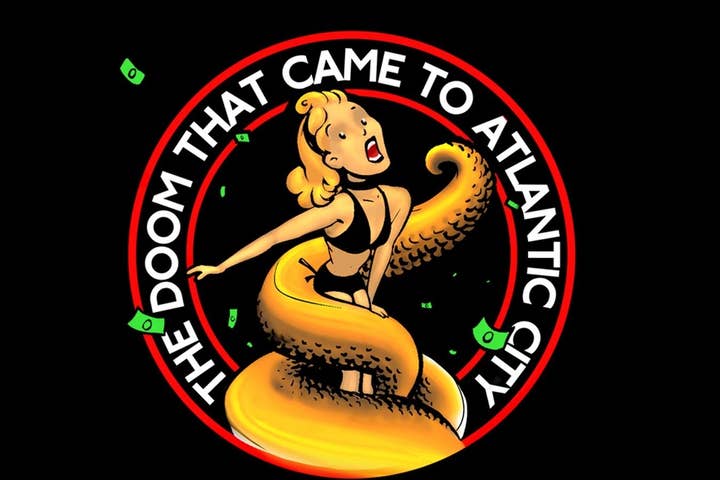FTC settles first ever crowdfunding case
Board game creator must pay $111,000 in misbegotten Kickstarter funding
A board game creator has been ordered to return $111,000 in Kickstarter money in a case involving the Federal Trade Commission, the first time that the FTC has settled a case related to crowdfunding.
Erik Chevalier ran a Kickstarter campaign for a board game called The Doom That Came to Atlantic City in 2012. He raised $112,000 from the crowd, far more than the $35,000 target, and yet Chevalier cancelled the project in July 2013, saying, "Every possible mistake was made."
Now, an Oregon court has ruled that Chevalier pay $111,793.71, due to his failure to provide the rewards attached to specific donation tiers and his failure to provide a refund when he finally announced the game's cancellation. The FTC's complaint asserted that Chevalier had used "most of the money" for "unrelated personal expenses," including the purchase of licenses for a separate project. The payment of the money has been suspended due to Chevalier's apparently dubious personal finances.
The settlement order also prohibits Chevalier from, "making misrepresentations about any crowdfunding campaign and from failing to honor stated refund policies. He is also barred from disclosing or otherwise benefiting from customers' personal information, and failing to dispose of such information properly."
"Many consumers enjoy the opportunity to take part in the development of a product or service through crowdfunding, and they generally know there's some uncertainty involved in helping start something new," said Jessica Rich, Director of the FTC's Bureau of Consumer Protection, in a statement.
"But consumers should be able to trust their money will actually be spent on the project they funded."

